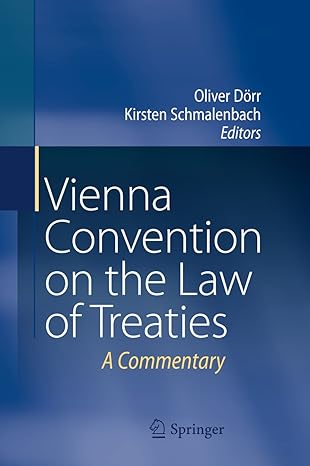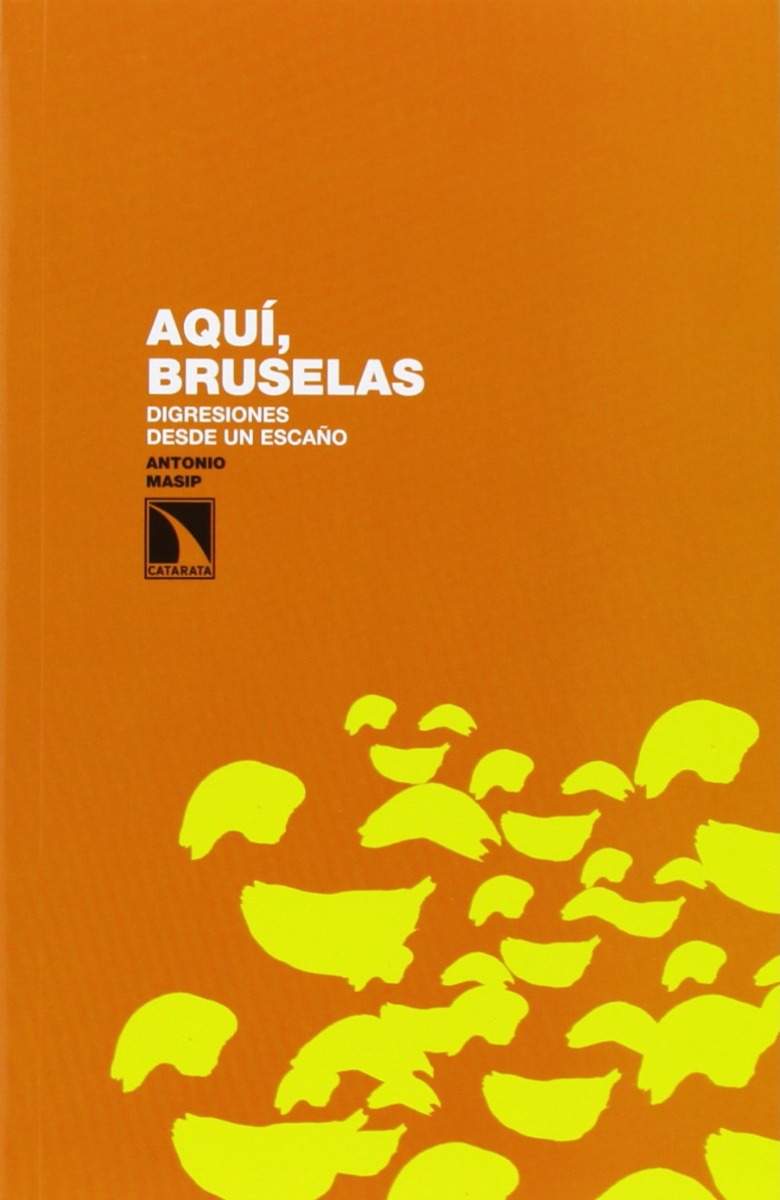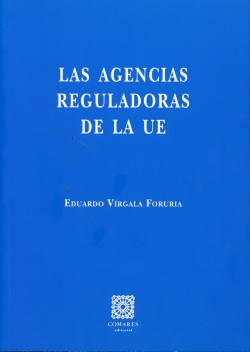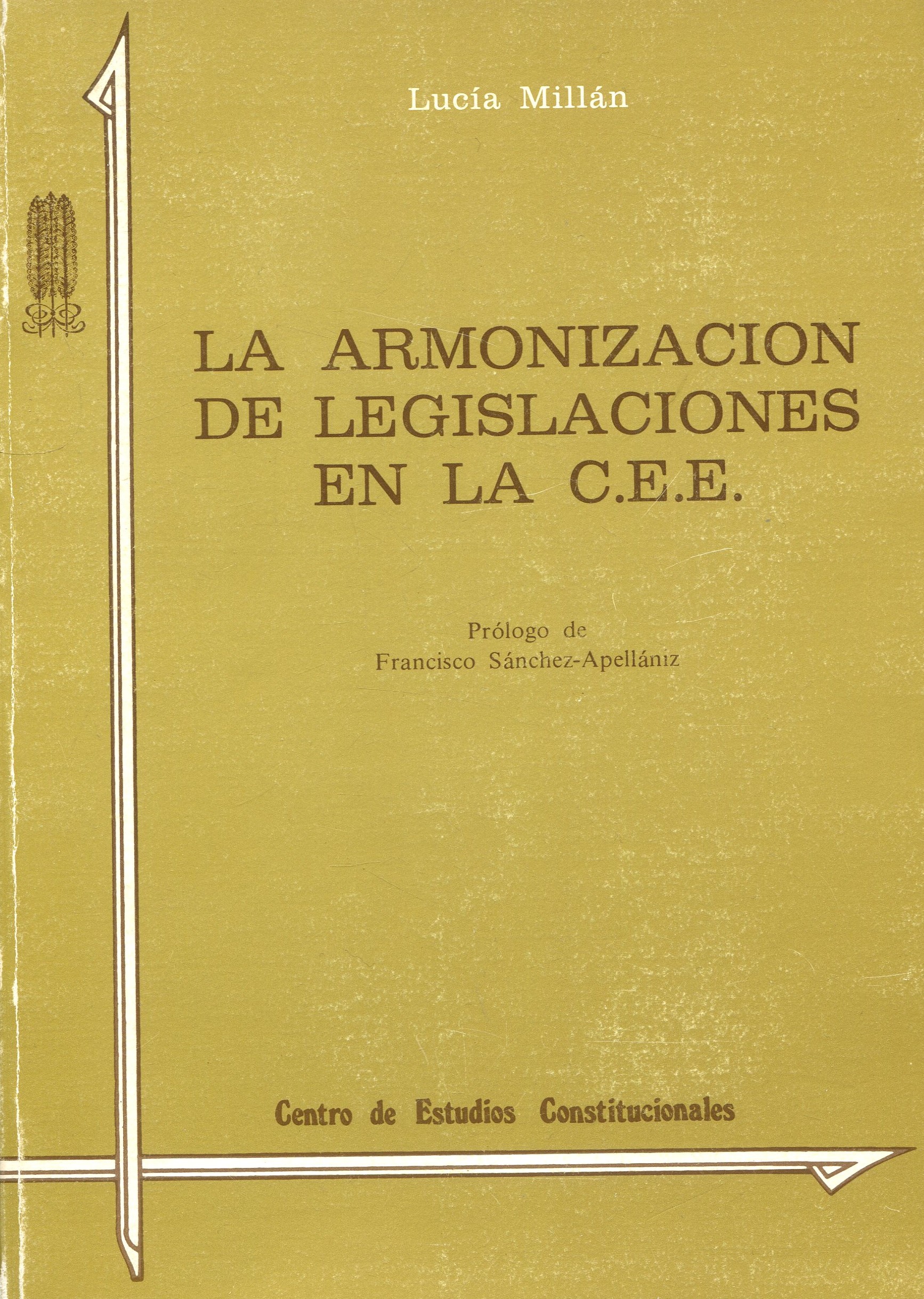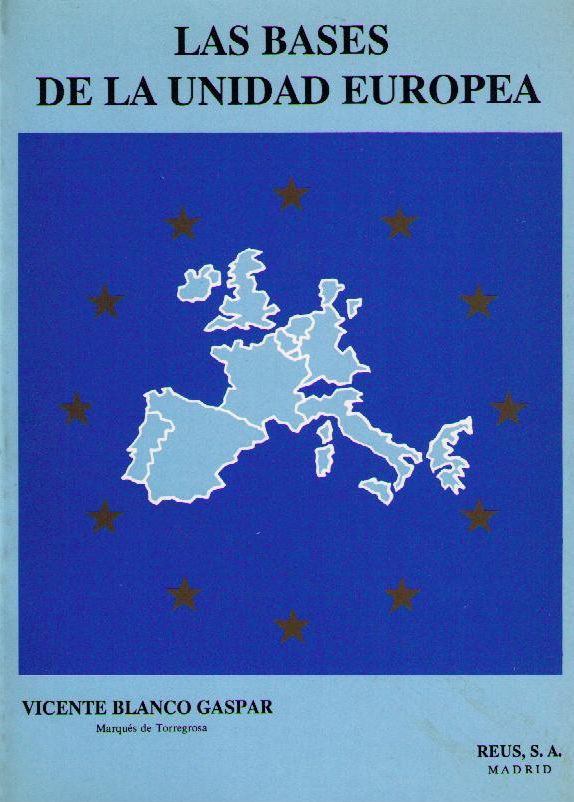Vienna Convention on the Law of Treaties
The Vienna Convention on the Law of Treaties (VCLT), adopted in 1969 and in force since 1980, is the primary international treaty governing the conclusion, application, interpretation, and termination of treaties between states. Moreover, it was drafted by the International Law Commission of the UN, codifying customary rules and fundamental principles of international law.
The VCLT establishes that treaties must be observed in good faith (pacta sunt servanda) and that only states with legal capacity can conclude them. Additionally, it regulates how treaties are negotiated, adopted, and ratified, as well as the reservations that may be made to their provisions. Furthermore, it sets rules for treaty interpretation, based on their text, context, and purpose.
The convention addresses the invalidity and termination of treaties, specifying causes such as error, fraud, coercion, or violations of fundamental principles of international law (jus cogens). In addition, it provides for treaty suspension by mutual agreement or due to a fundamental change in circumstances (rebus sic stantibus).
The VCLT applies only to treaties between states, excluding agreements with international organizations. Nevertheless, its provisions have influenced similar treaties for such entities. Today, it is widely accepted and cited by international courts and states in dispute resolution.
In conclusion, the VCLT is a cornerstone of international law, ensuring stability and predictability in international relations by providing a clear legal framework for treaty management.

